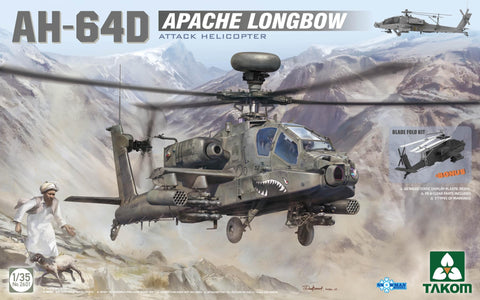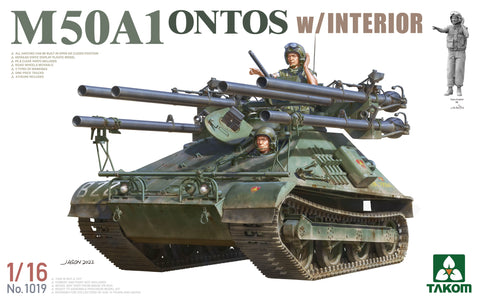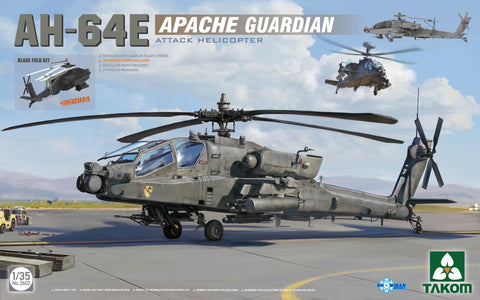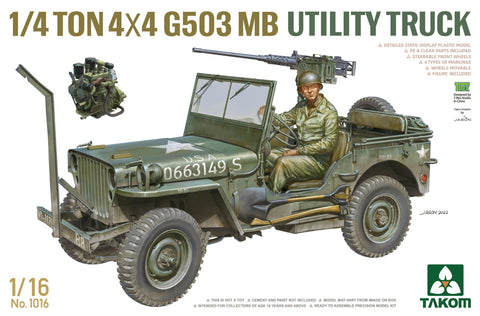In 1943 Daimler Benz adapted their Panzer III L's with more features, the Ausf.M model turned out to be the second last variant, with minor modifications of the Ausf. L such as deep-wading exhaust, for river crossing capabilities on the Ausf.M (250 built until early 1943), and since the beginning, fitted with Schürzen (armored skirts).
The Panzerkampfwagen III Ausf M was the second of two interim versions of the Panzer III produced while attempts to fit a larger gun to the tank were underway. It was virtually identical to the Ausf L, with the same 5cm KwK39 L/60 gun and extra 20mm spaced armor on the superstructure front and mantlet, but with the addition of fording equipment, which allowed it to wade through four or five feet of water.
This was achieved by providing watertight covers for every opening below the turret, including the normal air inlets for the engine. While the tank was crossing water air for the engine was provided via the turret.
In June 1942 the short 7.5cm KwK L/24 previously used in the Panzer IV was fitted in a Panzer III, producing the Ausf N. The success of this version meant that the order for the Ausf M was modified. The original order for 1,000 Ausf Ms was soon cut down to 775. Of these 250 were completed as ordered, 213 as Ausf Ns, 100 were set aside for use as flame panzers, 165 were used as the basis for StuG IIIs and 47 never completed. The Ausf M was used to replaced front line losses, taking part in the battle of Kursk and the defense of Sicily, although by then its 5cm gun was of little use in tank-vs-tank fighting.
The Use of Spaced Armor or "Shurtzen" on the Panzer III...
The Panzer III Ausf.L, and M models had an additional layer of offset 20 mm (0.79 in) homogeneous steel plate on the front hull and turret, with the M model having an additional 5 mm (0.20 in) Schürzen spaced armor on the hull sides, and 8 mm (0.31 in) on the turret sides and rear. This additional frontal armor gave the Panzer III frontal protection from many light and medium Allied and Soviet anti-tank guns at all but close ranges. However, the sides were still vulnerable to many enemy weapons, including anti-tank rifles at close ranges.
The Panzerkampfwagen III Ausf M was the second of two interim versions of the Panzer III produced while attempts to fit a larger gun to the tank were underway. It was virtually identical to the Ausf L, with the same 5cm KwK39 L/60 gun and extra 20mm spaced armor on the superstructure front and mantlet, but with the addition of fording equipment, which allowed it to wade through four or five feet of water.
This was achieved by providing watertight covers for every opening below the turret, including the normal air inlets for the engine. While the tank was crossing water air for the engine was provided via the turret.
In June 1942 the short 7.5cm KwK L/24 previously used in the Panzer IV was fitted in a Panzer III, producing the Ausf N. The success of this version meant that the order for the Ausf M was modified. The original order for 1,000 Ausf Ms was soon cut down to 775. Of these 250 were completed as ordered, 213 as Ausf Ns, 100 were set aside for use as flame panzers, 165 were used as the basis for StuG IIIs and 47 never completed. The Ausf M was used to replaced front line losses, taking part in the battle of Kursk and the defense of Sicily, although by then its 5cm gun was of little use in tank-vs-tank fighting.
The Use of Spaced Armor or "Shurtzen" on the Panzer III...
The Panzer III Ausf.L, and M models had an additional layer of offset 20 mm (0.79 in) homogeneous steel plate on the front hull and turret, with the M model having an additional 5 mm (0.20 in) Schürzen spaced armor on the hull sides, and 8 mm (0.31 in) on the turret sides and rear. This additional frontal armor gave the Panzer III frontal protection from many light and medium Allied and Soviet anti-tank guns at all but close ranges. However, the sides were still vulnerable to many enemy weapons, including anti-tank rifles at close ranges.
Contents:
- There are four marking choices included by AMMO
- Photo-etch is included
- Link & length tracks with a track jig included
- Hatches on the kit open and close










